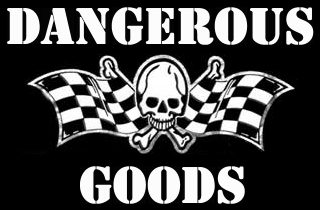
In The Logic of Collective Action, Mancur Olson offers an interesting criterion for judging when economic freedom should be infringed upon. He believes that "it is the provision of collective goods and services, not the public or private nature or other characteristics of the institutions that provide these services, that largely determines whether economic freedom must be curtailed".
I am chary of claims of this nature. Olson argues that private cartels that enforce restrictionist prices are guilty of reducing economic freedom. However, it is nearly impossible for private firms to do this, and as Rothbard has pointed out, it is not possible, given a lack of perfect information, for outsiders to accurately assess to what extent cartelization is occurring. While Olson argues that the public or private nature of the institution is not important, the statement really suggests that someone must decide when a collective good is present and when economic freedom should be curtailed. This is, presumably, the government's role.
There are several problems with the idea that government can identify and solve collective goods. First, good government is a collective good itself. Jeffrey Rogers Hummel has argued that if government can overcome the collective good of good government, then the market can overcome the collective good the government is attempting to solve all by itself. If the government cannot produce the collective good of good government then it certainly shouldn't try.
Secondly, government failure represents a very real concern for those that would use the State to produce collective goods. The literature of Public Choice economics is filled with examples where the government does not face a set of incentives that is conducive to achieving the given ends. Additionally, the government lacks the signaling mechanism of the market to efficiently allocate resources.
The burden of proof for infringement of economic freedom should require not only the identification of a collective good that the market cannot provide but also sufficient evidence that the government will be able to provide the collective good without making things worse in other areas. There are very few instances in which this is true. Production of collective goods by the State is a dangerous good indeed.
No comments:
Post a Comment